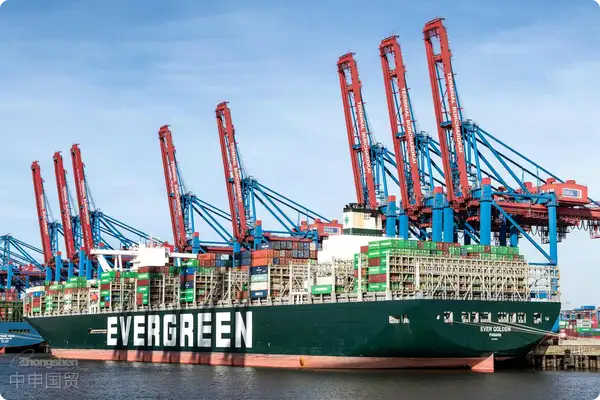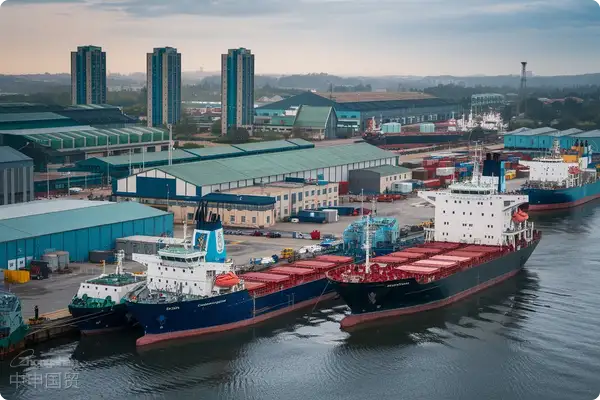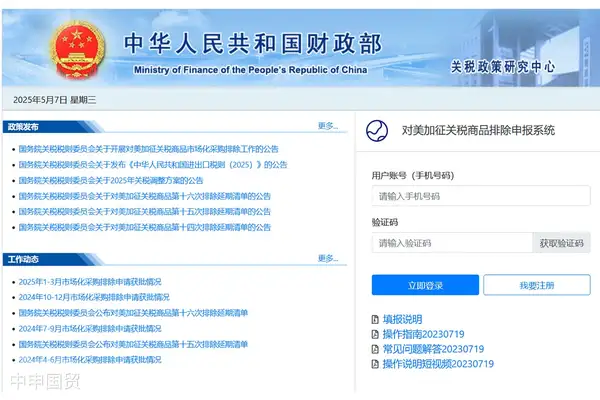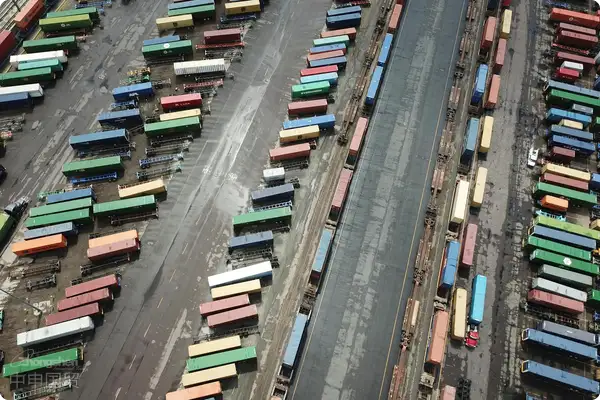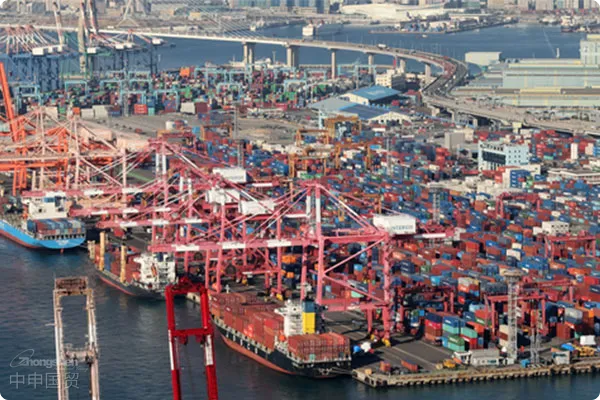- Shanghai Zhongshen International Trade Co., Ltd. - Two decades of trade agency expertise.
- Service Hotline: 139 1787 2118
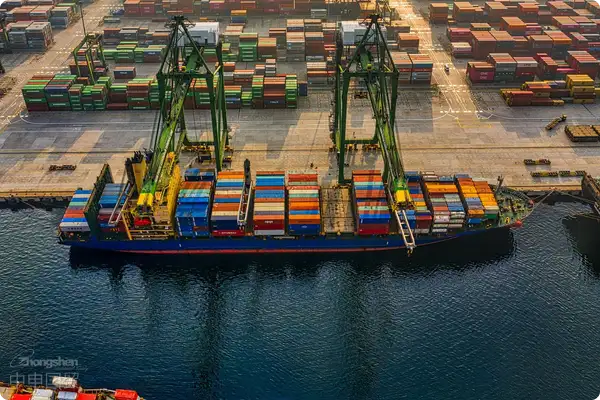
equipment. For example, Indonesia has the SNI certification, Thailand has the TISI certification, and the Philippines has the BPS certification. It is necessary to confirm in advance the equipment voltage (such as 380V/50Hz in Thailand), the compatibility of the CE certification, and the proof of environmentally friendly materials.Hidden Risks and Countermeasures
During the 2025 adjustment window for electromechanical equipment import tariff policies, enterprises face more complex customs clearance environments. According to the latest data from the General Administration of Customs, declaration error rates for equipment goods have increased by 17% year-on-year, with 72% of dispute cases involving lack of professional qualifications. The following three types of issues deserve special attention:
- Tariff classification disputeMultifunctional equipment HS code determination error leading to bond freeze
- Blind Spots in Document ManagementConflict between special equipment safety license validity and customs declaration time limits
- Logistics coordination gapMismatch between equipment disassembly/transportation and customs inspection requirements
Core value proposition of professional agency platforms
High-quality customs declaration agency platforms should establish a triple safeguard system:
- Customs data penetration capability
- Real-time connection to customs classification database
- Historical declaration record tracking system
- Risk prediction mechanism
- Dynamic monitoring of electromechanical product access list
- Key inspection alerts from local customs
- Handling of Special Scenarios
- Dispute resolution for used equipment import value appraisal
- Customs filing system for precision instrument transportation conditions
2025 agent service provider evaluation standards
It is recommended that enterprises establish an evaluation system from three dimensions:
- Qualification certification system
- AEO (Authorized Economic Operator) Advanced Certification qualification from customs
- Special equipment safety management system certification
- Localized service network
- Coverage rate of on-site service outlets at major ports
- Local customs relationship maintenance team configuration
- Success case database
- Annual processing capacity of similar equipment
- Classification dispute resolution success rate
Optimization plan for typical operation procedures
Taking CNC machine tool imports as an example, the standard service process of a professional agency platform should include:
- Pre - filing stage
- Coordinated handling of automatic import licenses for electromechanical products
- Customs pre-verification of equipment technical parameters
- Declaration operation phase
- HS code triple verification mechanism
- Evaluation of transportation plan and inspection requirement compatibility
- Follow-up management phase
- Supervisory ledger system for duty-free equipment usage
- Fast-track declaration channel for parts replacement
Industry development trend forecast
According to the implementation progress of RCEP, three major changes will emerge in 2025:
- Tariff preference verification: Upgraded origin rules and equipment component traceability requirements
- Customs supervision innovation: Smart device network verification becomes routine
- Service model transformation: Bonded maintenance business generates new customs declaration demands
It is recommended that enterprises establish a dynamic evaluation mechanism for agency service providers, focusing particularly on their policy interpretation capability update frequency and the accumulation depth of special case handling databases, to ensure maximum equipment import efficiency within compliance frameworks.
Related Recommendations
? 2025. All Rights Reserved. Shanghai ICP No. 2023007705-2  PSB Record: Shanghai No.31011502009912
PSB Record: Shanghai No.31011502009912
